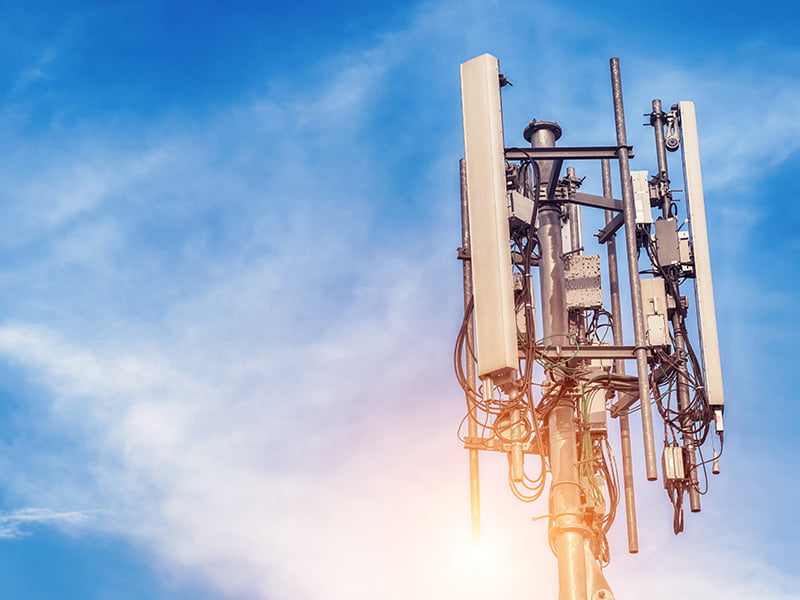Communications minister Michelle Rowland took the unprecedented step this week of intervening in the upcoming shutdown of Telstra and Optus’ 3G networks to ensure that more is done to notify customers that they may be affected.
The minister’s intervention appears to have occurred as a response to the growing concern among the community that the telecommunications industry has not done enough to assist customers with preparations for the 3G shutdown.
The mobile network providers have estimated that up to 740,000 mobile handsets could be affected, enough that the government is weighing its options, including potentially delaying the shutdown on public interest grounds.

The 3G networks are being progressively shutdown, with Telstra planning to turn off its 3G network on June 30 and Optus following on September 1. TPG Telecom has already switched off its 3G network.
The government has written to Telstra, Optus, TPG Telecom and the peak industry body, the Australian Mobile Telecommunications Association (AMTA) to invite them to join a working group. The Department of Infrastructure. Transport, Regional Development, Communications and the Arts will have observer status.
The smaller telecommunications providers including mobile resellers will be represented on the working group by the carriers and AMTA.
The working group will report to government fortnightly on the mobile industries efforts to identify customers that might be impacted by the 3G network shutdown.
There are several ways that customers might be impacted by the 3G network shutdown.
3G devices including phones, tablets, medical devices, Internet of Things devices (IoT) such as gates, farm and factory equipment and a large range of other 3G devices will be unable to connect to the 4G network.
Mobile phones that are not fully 4G compliant will lose some or all of their functionality. Early 4G phones utilise the 3G voice circuits for telephone calls, meaning some might not be able to contact the Triple Zero emergency call service.
Consumers and business should not wait for the 3G shutdown to find out if they need to replace their mobile devices. Customers should look on their providers networks to see if there is a list of affected devices. Optus, for example, has compiled a list of affected mobile phones.
Telstra recommends that customers replace 3G blue tick phones and devices with 4G blue tick phones and devices.
People living in areas with restricted mobile coverage can purchase range extenders for vehicles, and homes. The mobile range extenders can provide a reliable network connection in areas where low signal strength is preventing a handset from connecting.
Unfortunately, compliance costs and restrictive import practices have limited the number of mobile range extender products available in Australia. Consumers should expect to pay a premium for range extender products (also known as mobile boosters) that are plentiful and cheap in many other countries.
Low mobile signal strength occurs in urban areas too. Australian cities cover large areas and this means that there are pockets where the mobile coverage is limited.
The number of major network failures appears to be on the rise, and confidence among consumers and businesses is falling as a result. The negative impact on economic activity of the repeated telecommunication network failures is rising.
There are no minimum performance standards in Australia for telecommunications services, a problem that has been raised with government for more than two decades.
The lack of legislated minimum performance standards means that there is no guarantee that mobile customers will get a 4G connection when the 3G network is turned off.
What you can do is to contact your mobile provider if you cannot get 4G at home or at work to discuss your situation. The mobile provider may suggest that you get a ‘blue tick’ phone or range extender, but what do you do if you follow the mobile providers advice and still cannot get a 4G connection?
Your options are limited, however, you should consider putting in a complaint with your mobile provider and if necessary follow up with a complaint to the Telecommunications Industry Ombudsman (TIO).
The Ombudsman Cynthia Gebert recently confirmed that the TIO might be able to assist customers with the transition to 4G but that the assistance provided could be limited.
Your complaint matters. The government, the telecommunications industry and the media carefully monitor the number of complaints made to the TIO. If there is a rise in the number of mobile complaints the government may act to reduce the impact of the 3G shutdown.
Mark Gregory is an Associate Professor in the School of Engineering at RMIT University
Do you know more? Contact James Riley via Email.

